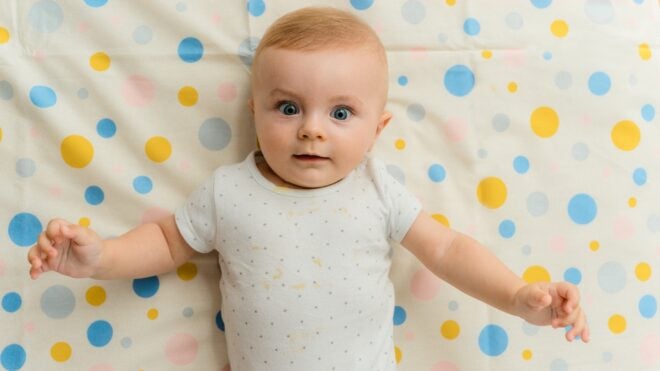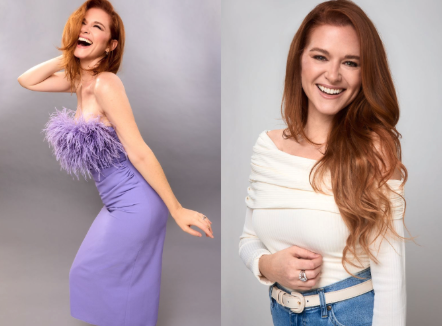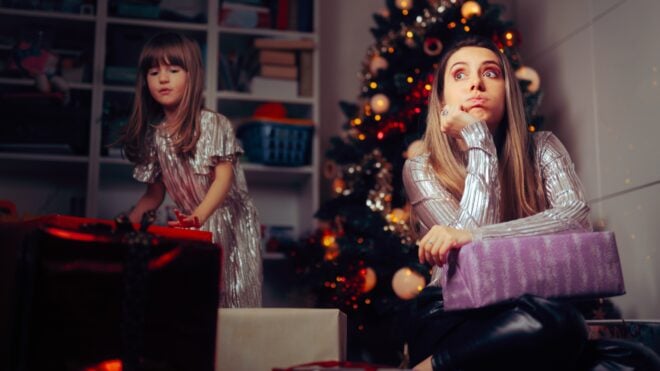Last weekend I took my children, ages 2, 3 and 4, to a former prison in our city of Haarlem, the Netherlands. Volunteers had invited the community there to decorate the outside of the building and its surrounding sidewalks with colorful chalk. This was to welcome the 300 Syrians now staying there, after fleeing the war in their country.
It was a simple gesture but an amazing experience: people unable to understand each other's languages extended greetings, shook hands, shared cigarettes. Adults and children drew pictures and wrote messages of peace and welcome in English, Dutch and Arabic.
RELATED: What This Doctor Is Doing For Women
The atmosphere was not one of charity on one side and gratitude on the other, but of coming together, of optimism and hope. It was, considering the circumstances, upbeat and fun.
My 3-year-old daughter, who has never been shy, quickly gravitated toward a young man and, despite her lack of Arabic and his of English or Dutch, introduced herself. They began to draw together on the sidewalk and stayed that way for some time, in their own chalk-dusted world.
The man, Mohammed Auilo, 25, has lived in Haarlem for a week. He was forced to escape Syria rather than face mandatory military service. It meant leaving behind his mother, sisters and 12-year-old brother, and a life he'd previously loved.
I naively ask what he can do to help his family now. He looks at me blankly. "Nothing," he says. "Hope."
After being hidden in a car and taken from his house, he was among 50 people—including women and children—who climbed onto a boat built for 20 and headed for Turkey.
He knew the risks—he had heard the stories of people in similar situations drowning. And yet, he had no choice. "Many of us did not have life jackets," he explained to me, with the help of an interpreter, "and knew if we ended up in the water, we would die."
He survived the boat journey from Syria to Turkey and on to Greece. From there, he walked to Macedonia, and then he was able to travel by train to Serbia, Hungary, Austria and Germany before arriving in the Netherlands.
It's unfathomable to me to have to risk my life and leave my family in such circumstances, and to begin all over again on my own in a new country. It's so unimaginable that I found myself repeating, "I can't imagine, I can't imagine," and reminding myself, as he scribbled with my toddler, that until recently, neither could he.
He tells me that a year ago, his life was perfectly normal, and that people did not want to leave Syria then. He worked as a pizza baker while living with his mother and two of his six siblings. Now, just communicating with his family is difficult.
"It's not hard from my side," he says. "I go to the library and there is Internet. But in Syria it is never guaranteed." And news from home is often less than comforting. "Our home has been bombed twice since I left," he says.
I naively ask what he can do to help his family now. He looks at me blankly. "Nothing," he says. "Hope."
I hear this and feel grateful that I am able to be with and protect my family, and then immediately feel disheartened that such a basic human right should be a privilege.
He says he is grateful to the people of the Netherlands and that saying "thank you" doesn't feel adequate.
My children have no understanding of what is happening in Syria, of course, other than that some people had to leave their home because it was no longer safe. And to my daughter, Mohammed is just a nice guy to color with.
But I'd like them to have some understanding that we have a responsibility to help others when we can. Even the smallest gestures, like chalk on a sidewalk, can bring people together and lessen their anxiety. That feels like the most important lesson they can draw from this.
Mohammed has shelter for now but still has a long uncertain road ahead—and a lot of pain to carry. And yet I'm in awe of his friendliness, perseverance, drive and optimism.
RELATED: Introducing My Son to My Mother and Death
He says he is grateful to the people of the Netherlands and that saying "thank you" doesn't feel adequate.
It's the same when he shows me a photo of his mother and all I tell him is, "I'm sorry."
PHOTOGRAPH BY: Angelique Starreveld




